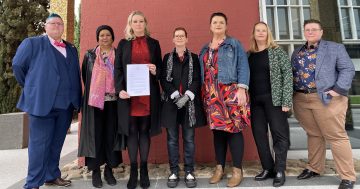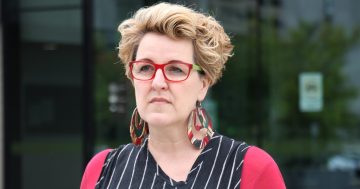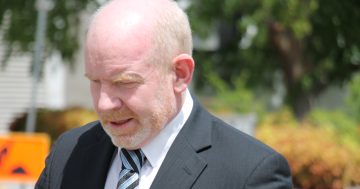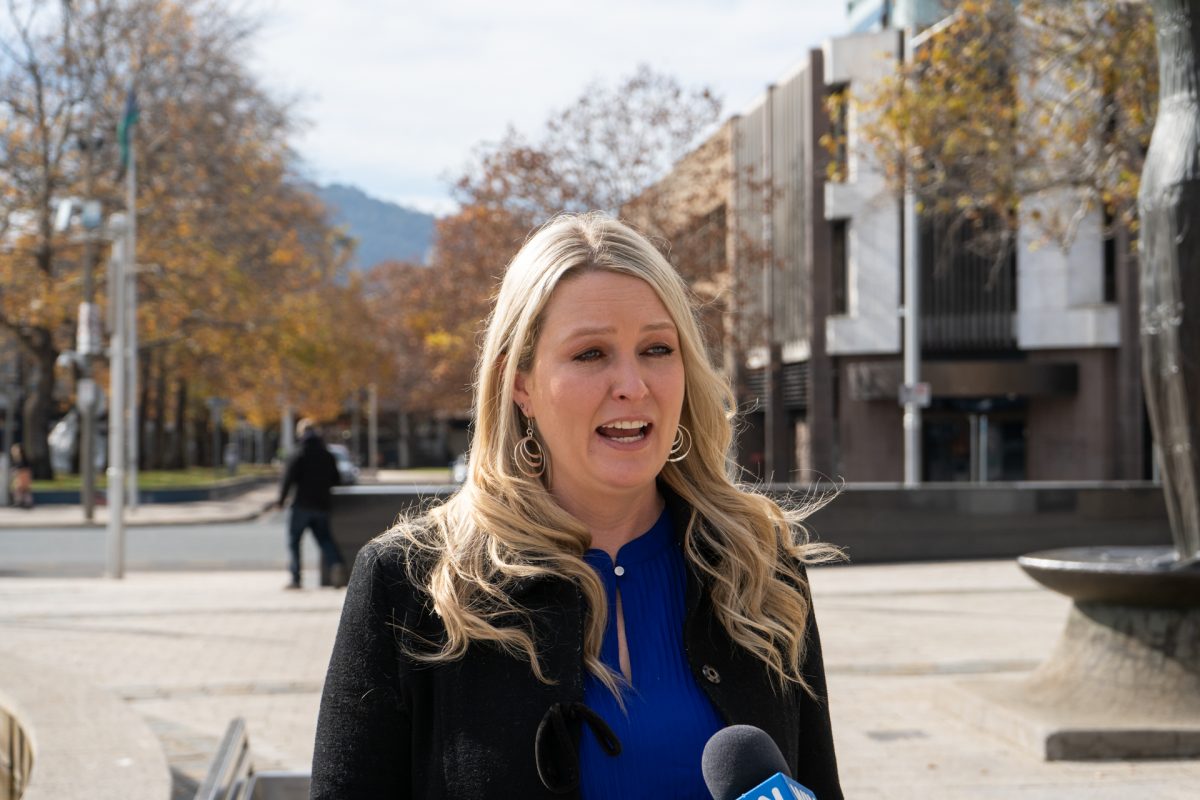
Labor backbencher Dr Marisa Paterson released an exposure draft of the affirmative consent bill laws last year. Photo: Region Media.
Affirmative consent laws passed the ACT Legislative Assembly with support from all members yesterday on what has been described as an “important day for survivors”.
The Bill, introduced by Labor backbencher Dr Marisa Paterson, was touted as a comprehensive and complex piece of legislation that would make a difference in prosecuting sexual assault in the Territory.
“This bill is not about politics,” Dr Paterson said.
“It is about ending violence in the community and it is about respect.”
The amendment bill clearly defines consent as an informed agreement that is freely and voluntarily given, and it clearly articulates a set of circumstances under which consent is not deemed to have been given.
Under a communicative model of consent, it must be both actively communicated and sought, meaning not saying ‘yes’ is taken to mean ‘no’.
It’s a shift away from the ‘no means no’ model which can provide better protection to victim-survivors of sexual assault who may exhibit a “freeze” response and become unable to communicate a lack of consent. Similar affirmative consent laws were passed last November in NSW.
Earlier this year, the bill was supported by advocates Grace Tame and Brittany Higgins, the latter of whom described it as a “turning point” for the ACT.
“Someone isn’t saying ‘yes’ just because they don’t say ‘no’ or do not physically resist,” Ms Higgins said.

National advocates Grace Tame and Brittany Higgins supported affirmative consent laws. Photo: NPC Twitter/Facebook.
The Bill was introduced to the Legislative Assembly in February this year before the Justice and Community Safety Scrutiny Committee provided comment on the bill.
It was not sent for a formal committee inquiry, but some technical amendments were made after the scrutiny committee provided comment, including defining what constitutes a sexual act.
Dr Paterson said no significant policy or any other changes had been made and the fundamental nature of the Bill, its objectives and provisions, remained largely unchanged.
“There has been overwhelming support for legislative change and, in particular, the introduction of an affirmative model of sexual consent in the ACT,” she said.
The bill will be reviewed in two years to ensure there were no unintended consequences, which was welcomed by Opposition Leader Elizabeth Lee.
“Law reform is important and it is incumbent on us … to ensure that our laws reflect as much as possible, what we as a society have deemed acceptable and unacceptable,” Ms Lee said.
“There is no place in our society for sexual assault, no place for sexual activity without consent and no place for there to be any doubt about consent.”
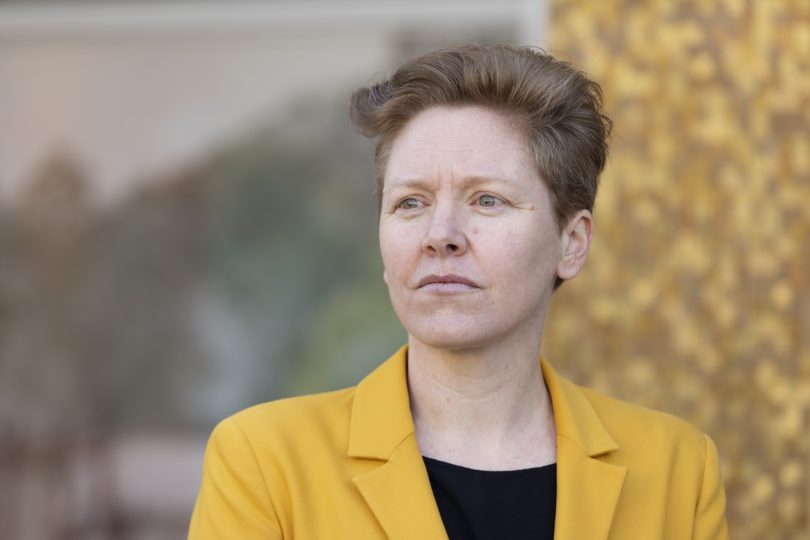
ACT Victims of Crime Commissioner Heidi Yates said the bill was an “important reform”. Photo: Michelle Kroll.
The ACT’s Victims of Crime Commissioner Heidi Yates described the change as an “important reform” that could help bring about justice for victim-survivors.
“[It] reflects the need for consent to be actively demonstrated in respectful relationships,” she said.
Ms Yates noted the reform must form part of a comprehensive suite of community and cultural changes intended to reduce sexual violence.
The bill was also supported by Canberra Rape Crisis Centre CEO Chrystina Stanford, who said law reform is an essential element of creating cultural and attitudinal change in all Australian jurisdictions.
“Consent within sexual assault has continued to be a problematic and at times devastating barrier for victims of sexual assault seeking justice through our legal systems. Legislation needs to lay a foundation for accountability and a path for healing from harm so that the impacts of this type of trauma are reduced.
“It is essential that the rules of consent are as clear and accessible as possible for all members of our community,” she said.
A recent report into sexual assault prevention and official and community responses to victim-survivors had recommended the Territory move to an ‘affirmative’ consent model as part of sweeping reform needed to a system which ‘re-traumatises’ victim-survivors.
In 2020, less than 3 per cent of sexual offences reported to ACT Policing resulted in charges being laid against the offender and most advocates agree that number is already underreported.
Dr Paterson said her bill is intended to make a real difference to how sexual assault cases are prosecuted.
However, she said there remains more work to be done.
If you or someone you know is impacted by sexual assault, domestic or family violence, call 1800RESPECT (1800 737 732) or visit www.1800RESPECT.org.au.
DVCS’s free service can be reached 24/7 on 6280 0900, via SMS on 0421 268 492, through email at crisis@dvcs.org.au or on their website dvcs.org.au. In an emergency, call triple-zero (000).












